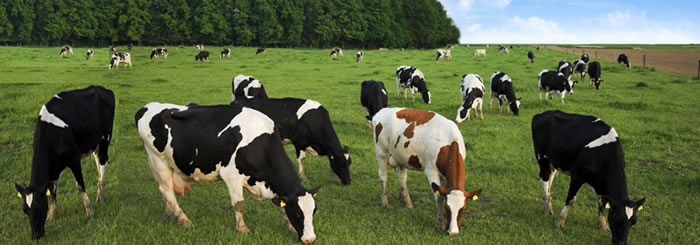Chapter 8: Improving Animal Production and Products for Sustainable Food Security in Emerging Countries of Sub-Saharan Africa – Agbede J. Oluwasola

Division of Nutritional Biochemistry, Department of Animal Production & Health, School of Agriculture and Agricultural Technology, The Federal University of Technology, Akure, Nigeria
Read More »



